[REVIEW] Far From Men (2014)
Ever wish you’d kept your French up after leaving secondary school? Or that your history lessons had been a little more comprehensive? That’s how I felt earlier today when I watched Far From Men.
Set in Algeria, 1954, this was right at the beginning of the country’s long war of independence against France. The film stars Viggo Mortensen as Daru, a French school teacher tasked with escorting an Algerian prisoner, Mohammed, through the harsh, mountainous landscape to the city where he will be tried, and certainly executed, for murdering his cousin. But it’s not only the French authorities who want to see justice served up and the man put to death, a band of locals from his village are also after his blood, preferring to dispense with the trial and proceed directly to the execution. Early on, when the marauding avengers surround his isolated school building, Daru is forced, reluctantly, into a shoot out to protect the prisoner.
The captive offers no resistance, peacefully sharing a meal with his reluctant escort before they set out. Daru’s sympathies towards Mohammed are clear from the beginning and he urges him to escape several times, although the man refuses. It’s no surprise then, that a bond quickly develops between them. Mohammed eventually explains that he allowed himself to be caught so that the French would execute him, thereby ending the vicious and never-ending cycle of murderous retribution which his relatives would otherwise be duty-bound to engage in back home.
The pair get caught up in the war along the way, first being captured by Algerian dissidents, some of whom Daru has history with, then falling into the hands of the French army after a lethal skirmish. When Daru explains the situation, the French commander lets them go, but not before Daru condemns the man for shooting two Algerian soldiers who had given themselves up. When Daru tells him that he’s committed a war crime, the French commander, disillusioned and battle-weary, only shrugs – he’s just following orders.
Mortensen, as you might expect, gives a fantastic performance, really making scenes like the one mentioned above. He’s probably the best thing about the film. His language skills are impressive too – seeming to switch effortlessly between French, Arabic and Spanish. There’s not a word of English spoken, by the way, and unfortunately the copy I watched didn’t have English subtitles, so it was a little hard to follow. Definitely watch it with subtitles if you can.
I’ve probably not given co-star Reda Kateb his due – he’s pretty good in his role as the sullen, but brave and honourable, Mohammed, who’s chosen to sacrifice himself for the sake of his family.
The film feels pretty low budget. That’s not to say it isn’t well filmed – the rugged backdrop looks good and as I said the acting is great. I think Mortensen must have agreed to do it for less than his usual fee, perhaps because he liked the material. It’s also notable for having a soundtrack by Nick Cave, although personally the music, which is sparse, didn’t really strike me as anything special. Personally, I think Cave’s work as a screenwriter is more impressive.
There’s not too much action, it’s more of a slow, slightly plodding piece, with more emphasis on the characters. That said, it’s not bad, and there’s the fight between the French army and the Algerians which is fairly tense. The moment where two soldiers surrender and give themselves up is especially effective, giving you an idea of the apprehension, and let’s face it, the terror, that you must feel knowing that you might be shot to death at any moment.
I’d give this 6 out of 10, although if you’re a big fan of Mortensen you’ll probably want to add one or two stars to that.
– Jacob
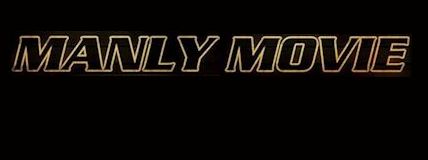
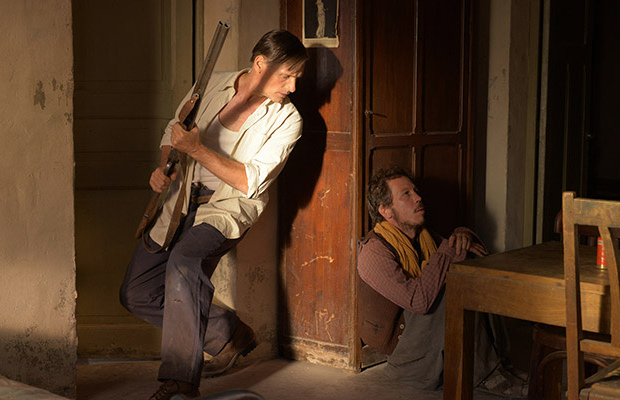
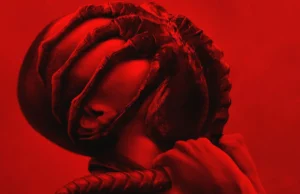
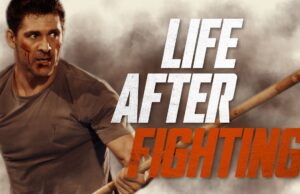
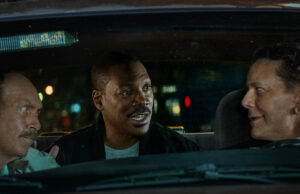
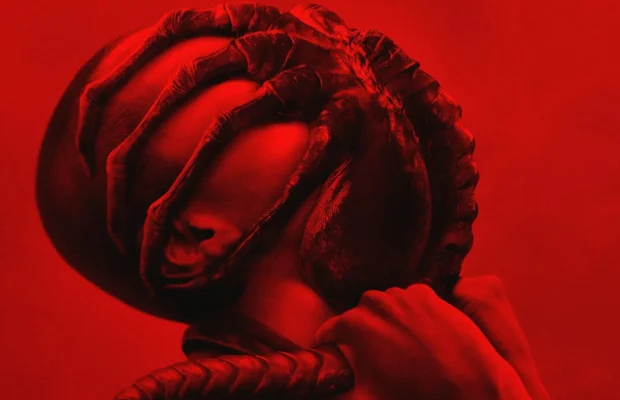




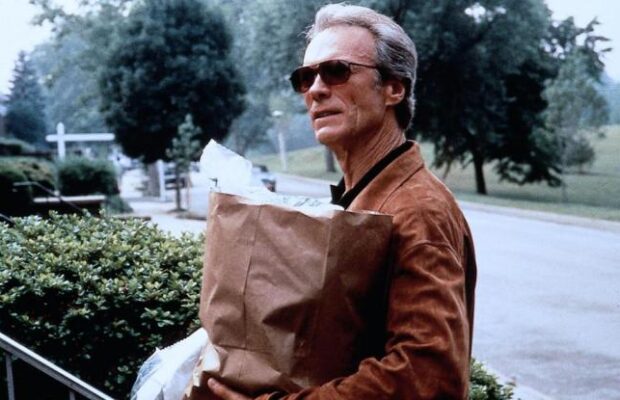




0 comments